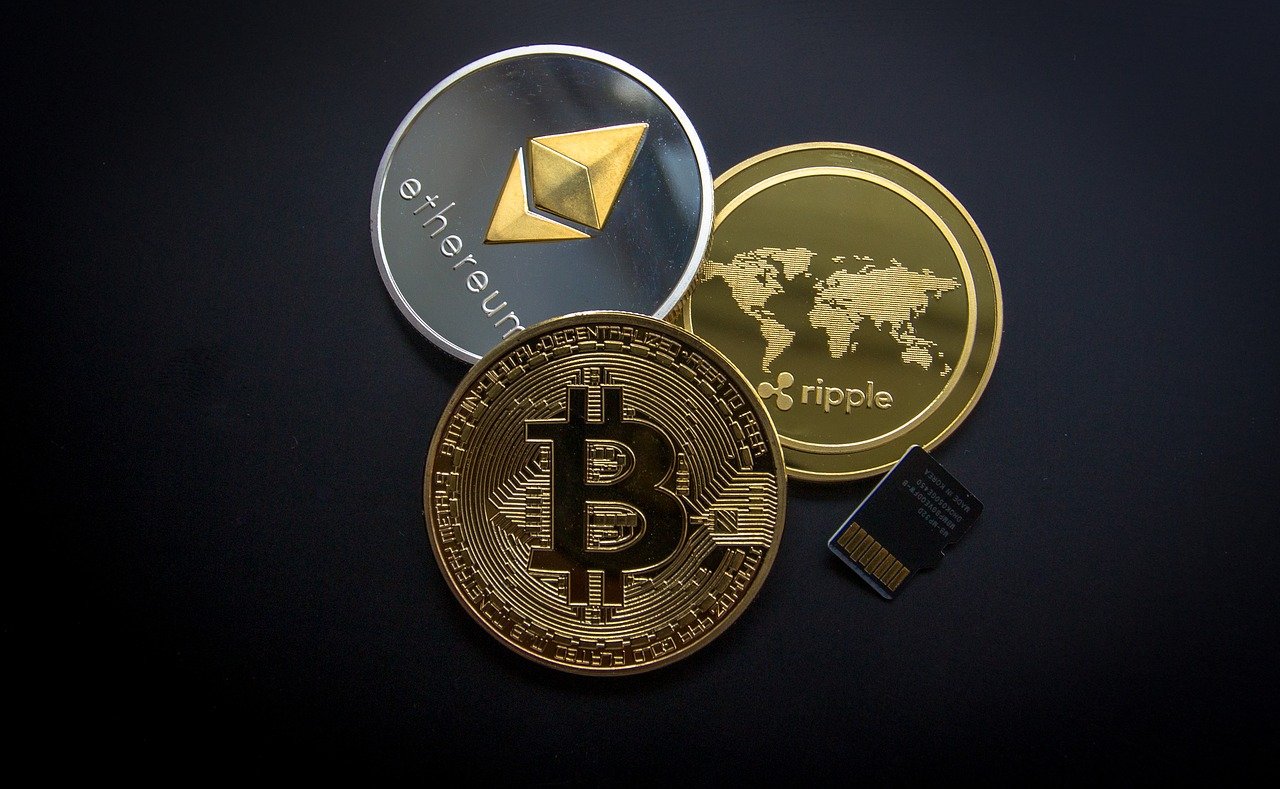Digital technologies and innovation have entirely transformed the international financial system. From private-sector-led developments like crypto-assets and stable coins to public-sector-designed initiatives like the Bahamas’ issuing of the “Sand Dollar” and China’s study with the “digital yuan,” digital transformation is altering our knowledge of what a traditional “currency” is and how it works. One term used tremendously in this digitized monetary era is digital money, but very few people know about it, how it works, and what role it plays in the financial system. So, in this article, let us tell you what this fantastic innovation is, how it can help you and how it works.
WHAT IS DIGITAL MONEY, AND HOW IT WORKS?
As the name implies, digital money is a monetary value that exists in digital form. Digital money is available on the internet and comes in a variety of currencies. Digital money does not have a physical form, such as a bill, cheque, or coins. It is recorded for and transmitted through computers using electrical codes. Transactions are becoming more electronic as technology advances, resulting in decreased use of physical money.
Unlike national currencies, which are unique to a country or continent, digital money is available internationally with global access. The operation of digital money is an intriguing subject to learn about. The process of digital money is comparable to the operation of actual money on paper. Digital money, which is stored in bank accounts, may be controlled in the same way that real currency can, except that it cannot be retrieved in the form of actual cash.
Digital money, which is saved as digital codes, is kept safe in digital banks that can be reached via smartphones and laptops. Digital money is developed by a collection of unique and consistent standards enabled by blockchain, which is an accumulation of digital nodes. Digital currency is recorded under a blockchain governed by a team of money owners since the digital money idea is visible yet private in terms of saving money from any theft or hoaxes.
Every buyer receives a public blockchain ledger or a recording of all transactions done for that specific cryptocurrency. When a new buyer joins the loop, the ledger is amended, and the entire list of entries is made visible to individuals who hold a portion of the digital currency.
Miners play a massive part in this system. Because miners are in charge of validating a new block or activity, they tend to generate hashes that result in them receiving additional units of bitcoin, which they then distribute. Control of digital money is difficult due to the vastness of such networks. Nonetheless, the notion is held responsible, transparent, and secure thanks to the well-organized activities.
ROLE OF DIGITAL MONEY IN THE MONETARY SYSTEM:
Digital innovation has truly shifted the way our world used to be. The financial industry has the potential to be transformed by digital money. This significant shift will benefit emerging economies and low-income countries the most. Broad and low-cost access to digital cash and phone-based payments might allow 1.7 billion individuals who do not have traditional bank accounts to access financial services. Furthermore, countries may become more linked, enabling trade and market cooperation. The real-world ramifications are enormous.
There are now a billion active mobile money accounts across 95 countries, with over $2 billion exchanged via these accounts each day. Sub-Saharan Africa is a mobile payment leader, accounting for over half of all mobile money accounts globally. This is made feasible by the increasing usage of smartphones. Another significant breakthrough is digital IDs, which have been implemented in several nations. These digital passports enable mobile money companies to onboard clients cheaply while adhering to local rules.
The government is also working to establish a digital payment network in emerging countries. The Bahamas is the globe’s first country to have a central bank digital currency (a digital representation of a country’s money). The “sand dollar” would improve financial inclusion for those living on the country’s 700 islands, where financial institutions such as cash ATMs are often not present.
Other nations aren’t far behind. China’s central bank is leading the most ambitious initiative. If the e-Renminbi trial is effective, it has the potential to increase digitization, innovation, and financial inclusion in one of the globe’s biggest and most dynamic economies, perhaps inspiring other nations to fall into line.
FINAL THOUGHTS:
Digital money’s future is predicted to be brighter than it is now. As more cryptocurrencies emerge on the market, the legitimacy of such a system gains traction in the eyes of the general public. According to technology experts on digital innovation blogs, the future of digital money leads to a paperless, global financial system that would bring people together under the banner of digital money. With a high likelihood of cryptocurrencies entering the stock market, institutions will be more open to the monetary worth of such currencies, and maybe a series of twists and turns will be observed.



 Bitcoin
Bitcoin  Ethereum
Ethereum  Tether
Tether  XRP
XRP  Solana
Solana  USDC
USDC  TRON
TRON  Lido Staked Ether
Lido Staked Ether  Cardano
Cardano  Avalanche
Avalanche  Toncoin
Toncoin